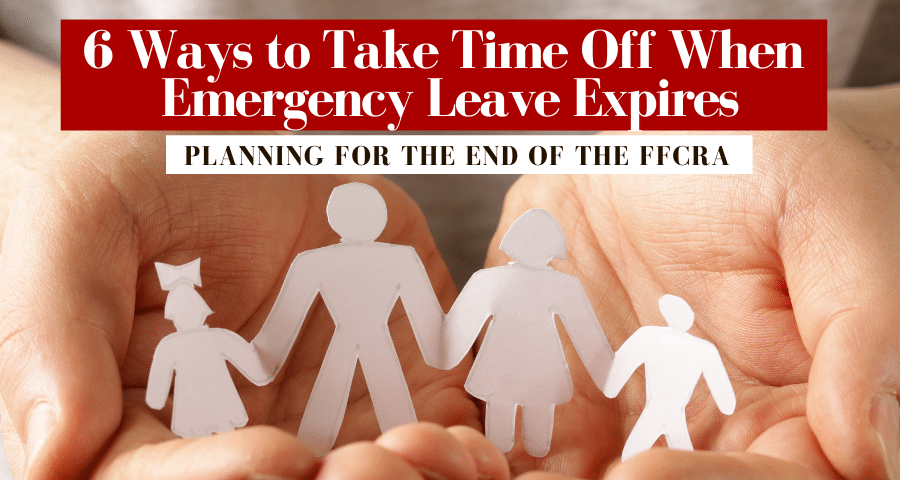Why All Philadelphia Families Need Paid Family Leave
The Philadelphia Inquirer recently spotlighted the disparate paid family leave situation confronting Philadelphia teachers and other employees. Faced with inadequate provisions, these workers often accumulate vacation and sick time for family-related matters. Only 86 percent of full-time and half of part-time staff benefit from paid sick time on a national scale. In Philadelphia, compulsory paid sick time for businesses employing 10 or more is limited to 40 hours, insufficient time for recuperation and bonding post-childbirth.
Surprisingly, only half of American workers can avail of unpaid leave through FMLA and a meager quarter of private industry workers have paid family leave access. Despite widespread public support for it, the U.S. is one of only two high-income countries worldwide without a national paid family leave mandate.
Paid family leave significantly enhances adult and child mental, physical, and monetary health while promoting long-term family welfare, according to a policy brief from the Center for Hunger-Free Communities and Drexel’s Dornsife School of Public Health. Apart from the evident benefits of reducing infant and maternal mortality and re-hospitalization, paid family leave contributes to a decrease in domestic violence and postpartum depression. It improves student academic performance, co-parenting, and decreases risk of long-term health issues in adults and kids such as obesity, asthma, and diabetes. It plays a crucial role in promoting health, gender, and racial fairness in communities and reducing the gender pay gap.
More than 53 million U.S. adults, which is one in five, provide care to children with special needs or adult family members, mainly because of the aging U.S. population and shortage of healthcare and long-term care workforce. However, Black, Hispanic, and Asian workers are less likely to have access to paid leave despite a higher tendency to live in multigenerational homes. Benefits of paid leave also extend to creating a positive workplace culture, supporting staff retention and productivity, and reducing absence at work.
The U.S. lags behind the rest of the world in child and maternal mortality and overall health, which will only change when robust supports including paid family leave are available to all families. Until comprehensive federal and/or state paid leave laws are enacted, entities like the Philadelphia School District and other local businesses must shoulder the responsibility of their employees’ welfare through providing paid family leave.
For those in California who need to talk about benefits related to paid family leave might face difficulties in getting hold of the right person at the relevant department. Fortunately, a solution to this problem exists. They can now reach out to eddcaller.com, which provides helpful resources on ‘How to get a hold of Paid Family Leave’.
